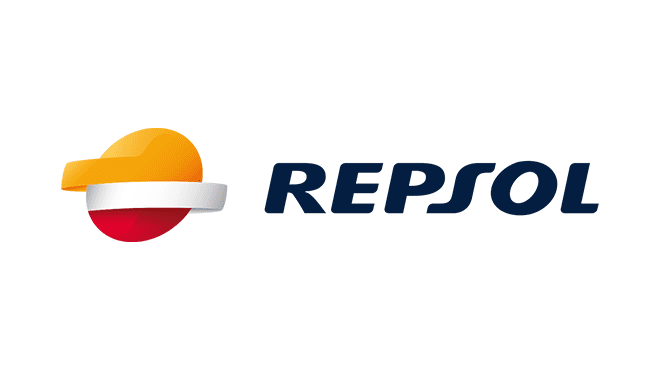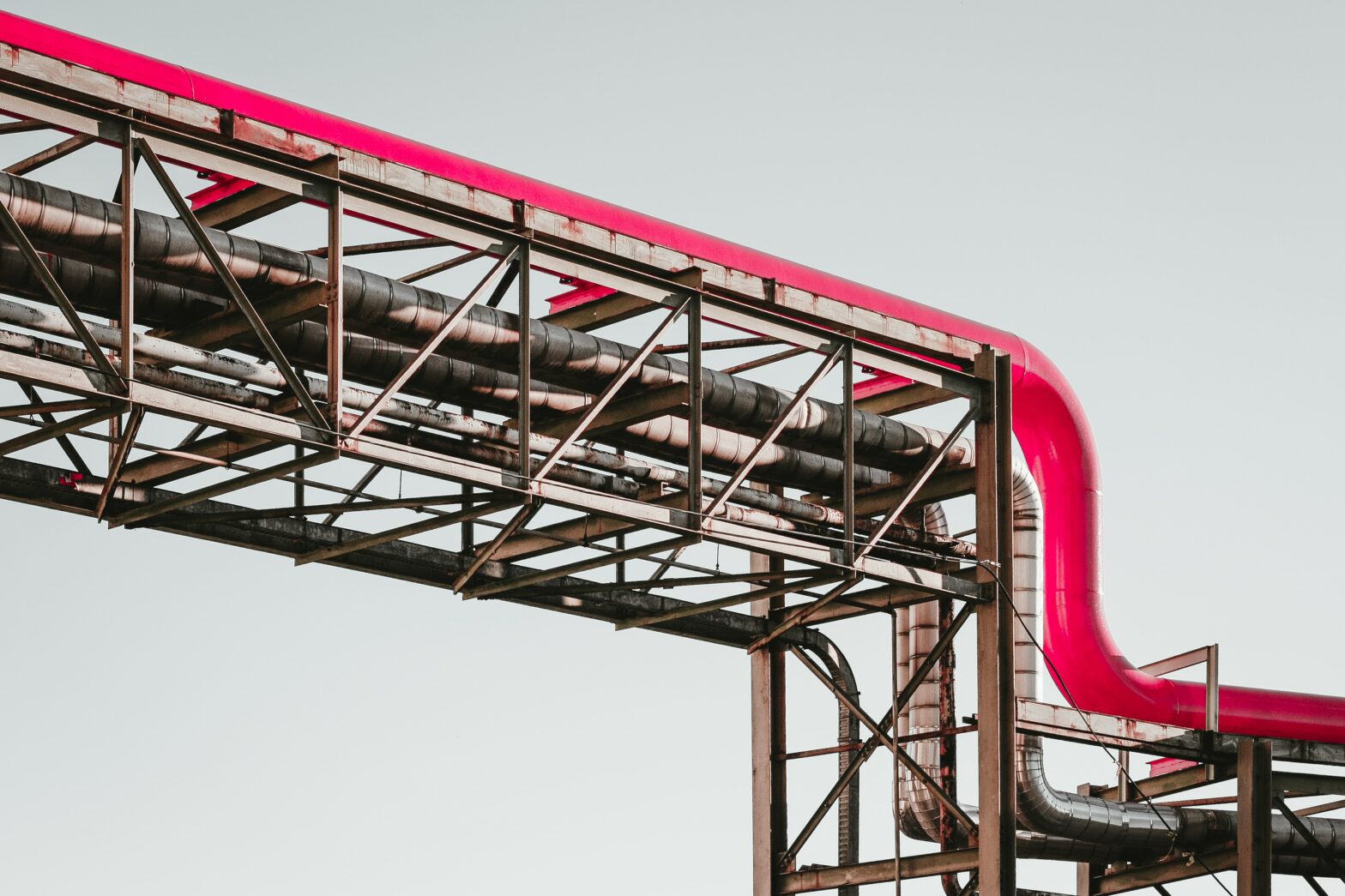
Repsol has signed an agreement with the not-for-profit foundation MiQ – the leading market standard for methane emissions performance in the United States – to pursue certification for its Marcellus Shale production in Pennsylvania.
The certification process will include an independent assessment of the company’s emissions performance from the wellhead to delivery, focused on monitoring and best practices, with validation by a third-party auditor. It is expected to be finalized in the fourth quarter this year.
This collaboration is part of the company’s push to reduce its methane emissions worldwide and to provide transparency on its performance with measurable and verifiable results in line with its net zero emissions target. Repsol aims to reduce the methane emissions intensity from its operated E&P assets to 0.20% by 2025 from 1.34% in 2017.
This agreement reflects Repsol’s commitment to natural gas as a key fuel for a just energy transition to a lower carbon future and aligns with the company’s participation in the Aiming for Zero Methane Emissions Initiative recently announced by the Oil and Gas Climate Initiative (OGCI), the commitments of the Oil & Gas Methane Partnership (OGMP) and the Zero Routine Flaring by 2030 initiative of the World Bank.
The company is pursuing certification for all of its production in the play – around 400 million cubic feet per day – to meet the energy needs of its customers, while also supporting their emissions reduction targets and sustainability commitments. Upon completion, Repsol will receive certificates for each unit of produced gas which will be available for delivery on the MiQ digital registry – the first encrypted platform for trading certified natural gas.
Repsol is present throughout the natural gas value chain in North America as a producer and supplier. The company holds 214,000 net acres in the Marcellus Shale with more than 680 operated producing wells. It also has an extensive natural gas marketing and trading network that provides a reliable and flexible supply of natural gas to customers across the continent.
The company has deployed multiple innovative projects in the Marcellus Shale in recent years to effectively reduce its emissions in the play, such as expanding its leak detection and repair (LDAR) program, optimizing the number of gas processing units at its well sites, and piloting bifuel skid technology to use produced natural gas to power its drilling operations.
“As one of the leading operators in the Marcellus Shale, we are fully committed to producing natural gas safely and responsibly to meet the energy needs of today and in the future,” said Sheldon Lillico, Repsol’s Marcellus Business Unit Director. “We look forward to completing this project to give more visibility to the things we’re already doing and continue implementing process improvements to support our emissions reduction goals and the goals of our customers.”
“The world is rapidly waking up to the threat of methane emissions, and certification is something that we can do today to understand the methane emissions from the gas we use – allowing us to ensure that it impacts the climate as little as necessary,” said MiQ CEO Georges Tijbosch. “Repsol’s commitment signals the momentum within the market to achieve transparency on methane emissions, and to put plans in place to make progress wherever possible – we hope this is the start of a long-term partnership with this forward-looking producer.”

